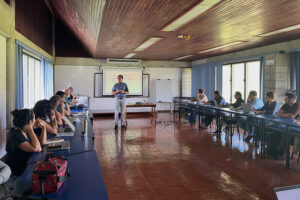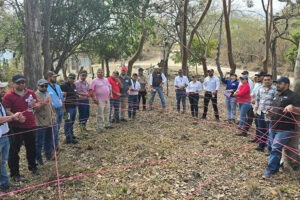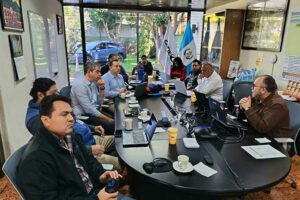Indigenous and Local Communities of Verapaz and Chiquimula Validate Protocols for Nature-Based Solutions
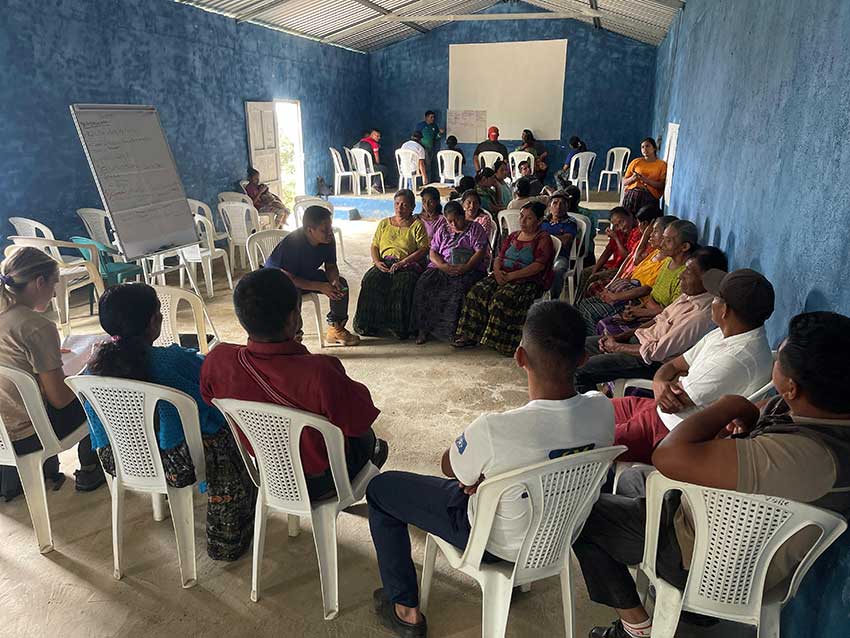
- Within the framework of the Biocultural Resilience project, community workshops were held in Alta Verapaz and Chiquimula to validate the participatory research protocol with a gender and social inclusion approach.
En los territorios de Alta Verapaz y Chiquimula, y con la participación de cooperativas Indígenas Q’eqchi’ y comunidades locales, se llevaron a cabo los procesos de validación del protocolo de investigación participativa con enfoque de género e inclusión social (GESI) del Proyecto Soluciones Basadas en la Naturaleza para la Resiliencia Climática de Comunidades Indígenas y Locales en Guatemala, también conocido como proyecto Resiliencia Biocultural.
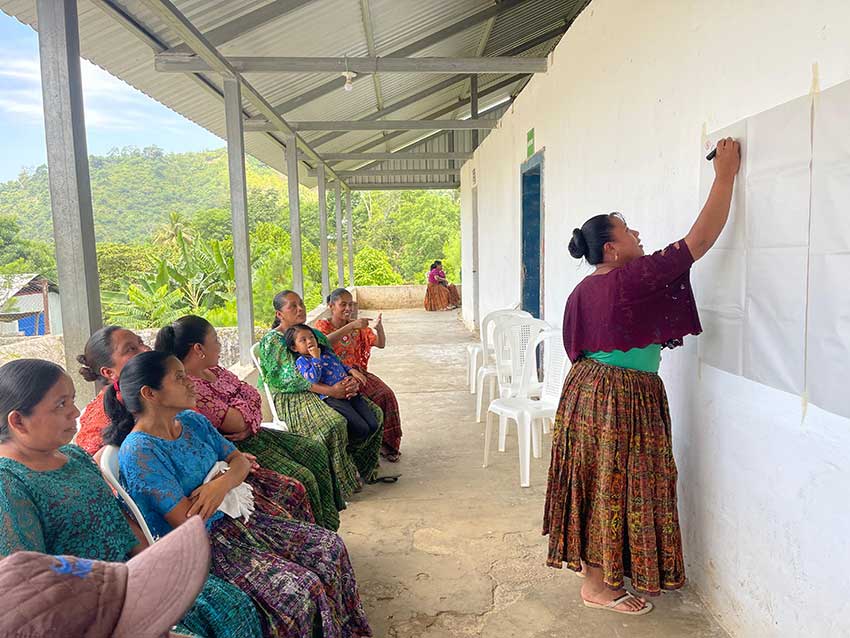
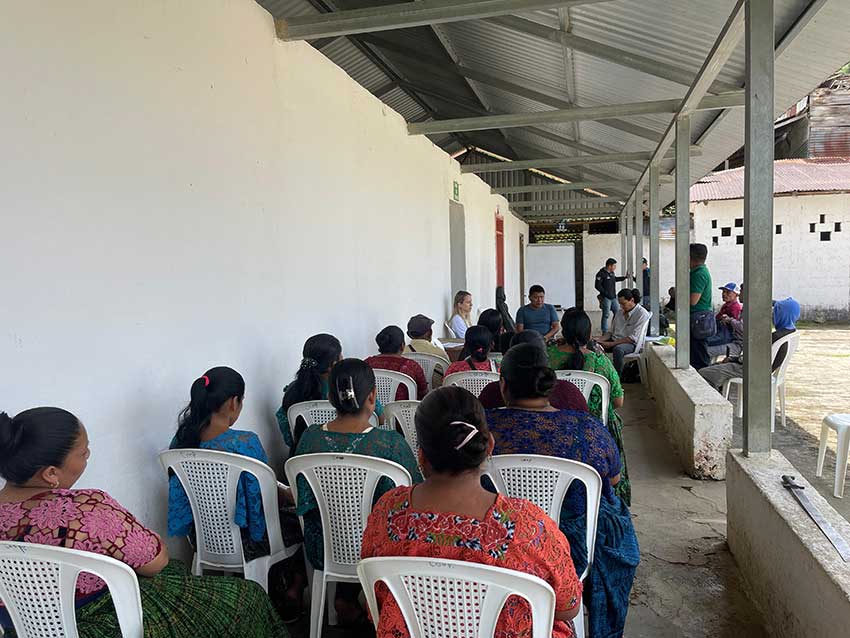
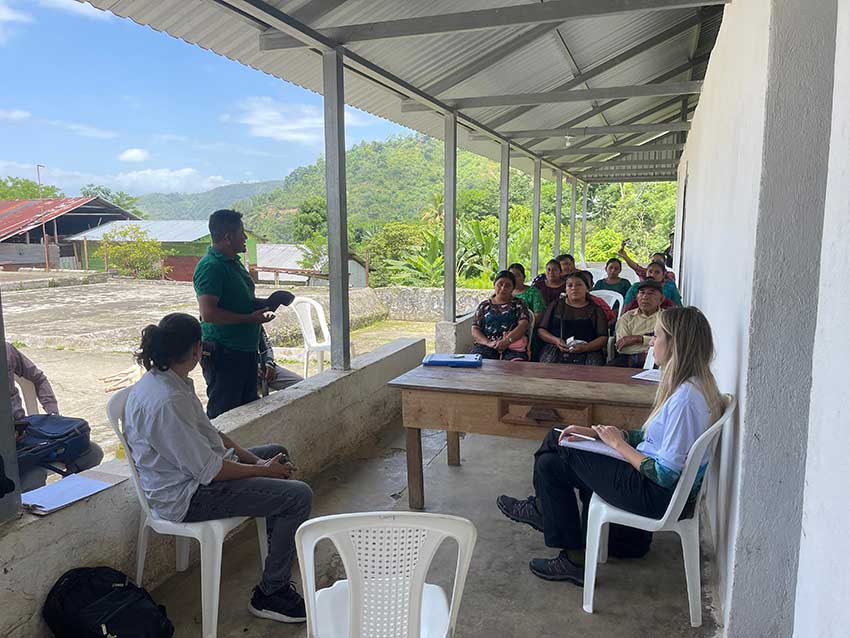
These workshops mark an initial step in the participatory identification process of nature-based solutions (NbS) that strengthen climate resilience and equitable well-being in rural communities.
The validation took place in two strategic regions: from June 16 to 18 in cooperatives of the municipality of San Antonio Senahú, Alta Verapaz, and from July 21 to 22 in communities of the municipality of Olopa, Chiquimula.
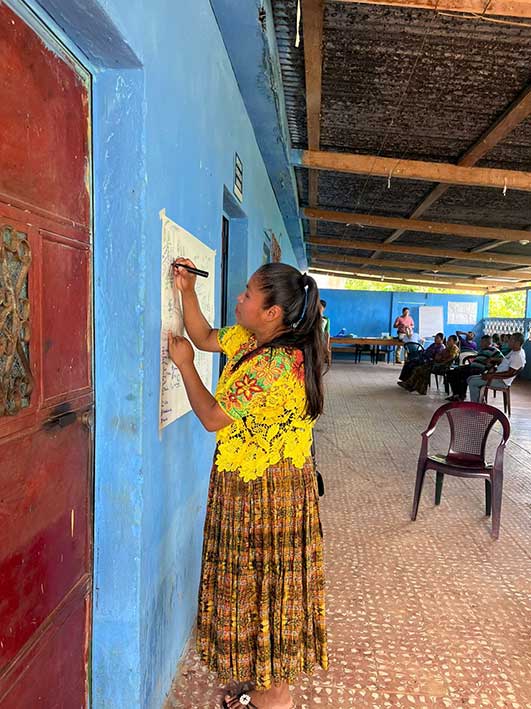
“The participatory research protocol is a methodological tool that ensures communities are the main actors in project planning, respecting their worldview, governance structures, and cultural realities,” explained Benjamín Bol Caál, FEDECOVERA.
During the workshops, intercultural dialogue spaces were promoted, with translation into local languages, participation of women leaders and community leaders, and sessions aimed at recognizing the value of both ancestral and technical knowledge.
Among the main results were the need to adapt project schedules to agricultural cycles, respect the local meanings of concepts of nature and human relationships, and identify the role of gender, age, and the evolution of cultural identity in each specific context for identifying relevant NbS in these territories.
“These processes will support the proper implementation of the project and are one of the first steps to acknowledge Indigenous and local knowledge and worldviews on the role of nature in their livelihoods. The project will also integrate scientific and community knowledge in later phases to identify, together with stakeholders, decision-making strategies that can foster climate resilience,” commented Erick López de Paz, CEAB-UVG.
The Biocultural Resilience Project began its implementation in late 2024 and will run until October 2027. The project is funded by the Global Centre on Biodiversity for Climate (GCBC) of the Department for Environment, Food and Rural Affairs (Defra) of the United Kingdom Government, and is led by the Natural Resources Institute (NRI) of the University of Greenwich. It is implemented in Guatemala together with CATIE (Tropical Agricultural Research and Higher Education Center), the Federation of Cooperatives of the Verapaces Limited Liability (FEDECOVERA R.L.), the Center for Environmental Studies and Biodiversity of the Universidad del Valle de Guatemala (CEAB-UVG), and the Regional Farmers’ Association Cʼhortiʼ (ASORECH), in close collaboration with local communities and government institutions.
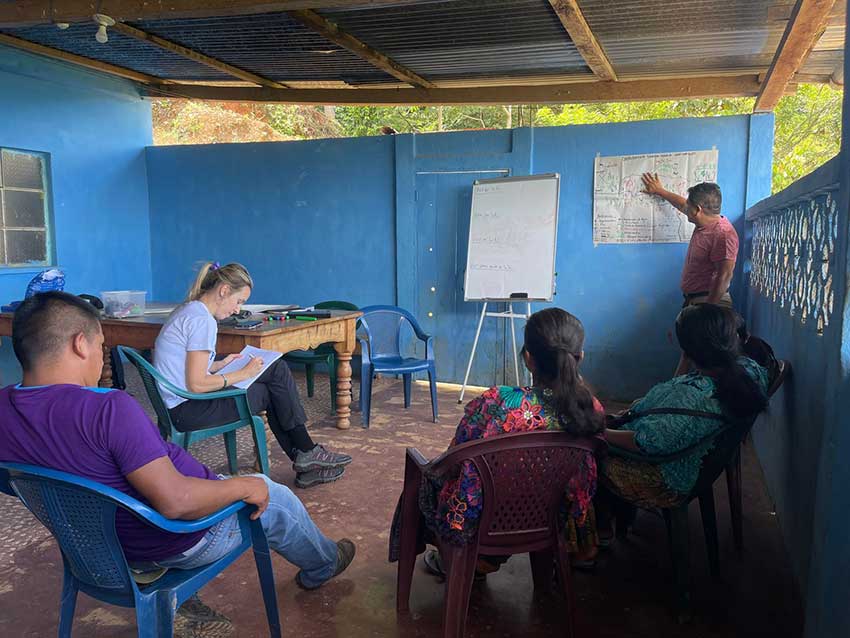
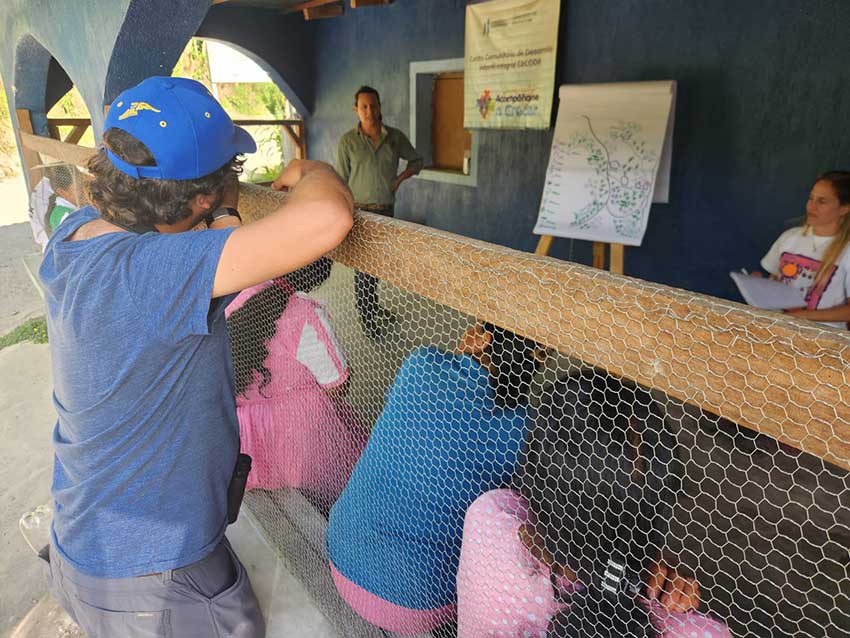
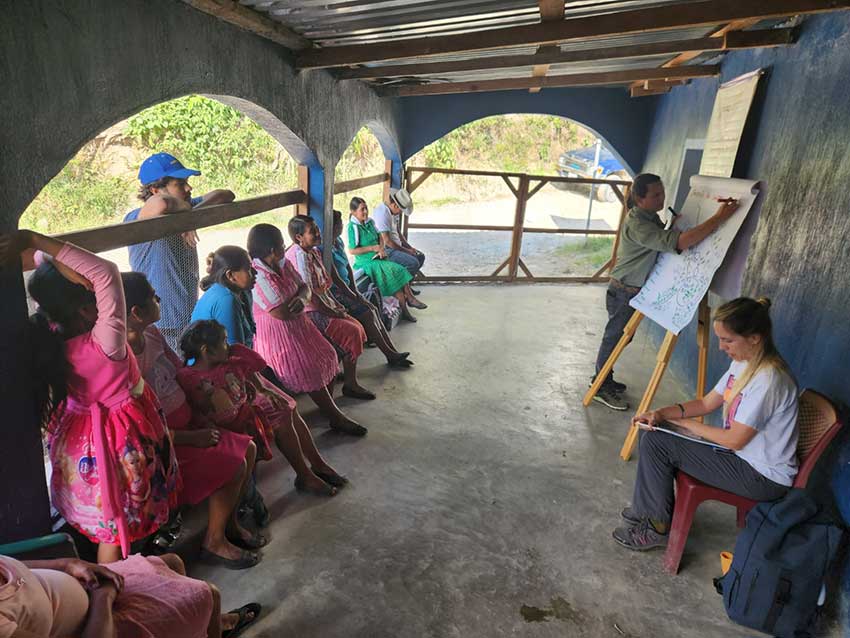
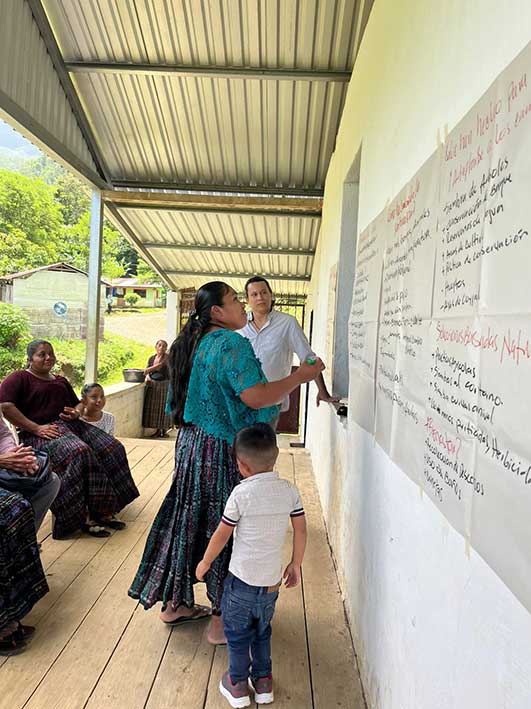
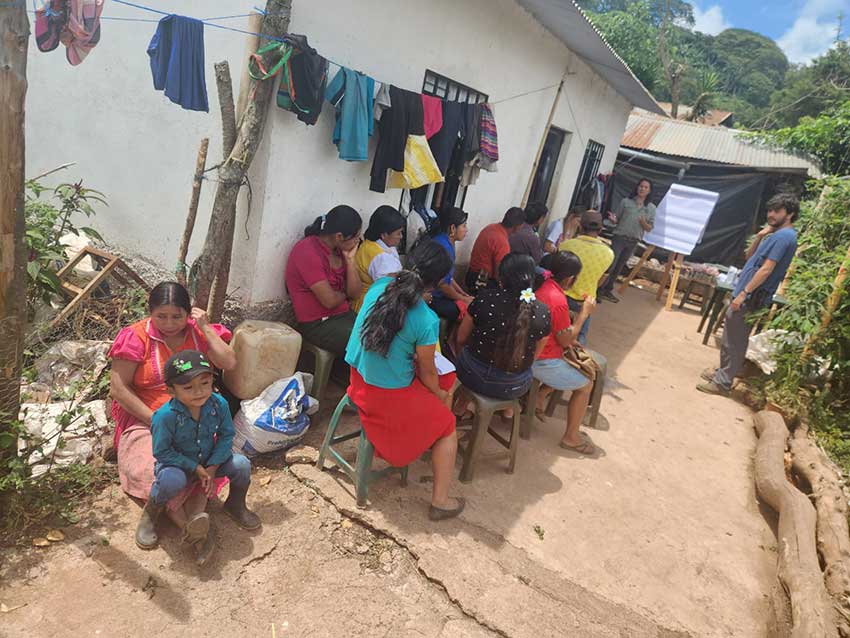
More information:
Jeremy Haggar
Project Leader, Biocultural Resilience
Natural Resources Institute (NRI), Universidad de Greenwich
J.P.Haggar@greenwich.ac.uk
Alejandra Martínez-Salinas
Coordinator
Forests and Biodiversity in Productive Landscapes Unit
CATIE
amartinez@catie.ac.cr
Written by::
Karla Madrigal Pereira
Communicator
Communications and Marketing Office
CATIE
karla.madrigal@catie.ac.cr

